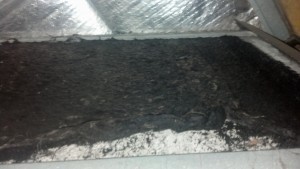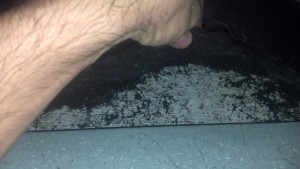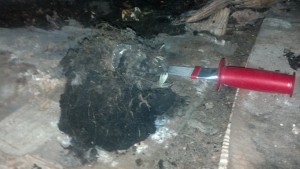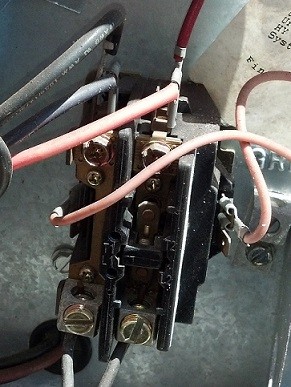The comfortable range for humidity is 30%-60%; the average humidity levels in Orlando between June and August range from 61%-92%. Clearly, our air conditioners are a necessity.
Not only do our air conditioners cool us, they help remove the humidity, which is a big part of our heat here. Even though your AC system is designed to remove humidity as part of regular operation, there are times when the moisture can be excessive for your air conditioning and potentially affect its performance. This is when you want to call Downtown Air & Heat.
How Does Humidity Affect My AC?
There are several ways in which humidity can adversely affect your air conditioner:
- More stress on your system – when there is excess moisture in the air, not only does your air conditioner have more moisture to remove, it also has more heat to fight. More humidity means your air conditioner has to work harder to cool the same way as when there’s less humidity. This can put more stress on your system, particularly if it hasn’t been properly maintained.
- More problems for allergy sufferers – not only does pollen like to cling to humidity, too much moisture is one of the reasons dust mites, mildew, and mold flourish. By properly dehumidifying the air, you can help prevent allergens from hanging in your indoor air and developing in your home.
- Less comfort indoors – the point of having an air conditioner is to feel comfortable during the hot months of the year. When too much humidity is present, it can make the cool air in your house feel cold and clammy. This kind of discomfort can be as uncomfortable as experiencing the heat, something no one wants from their AC.
The Best Way to Handle Humidity
One of the best tools available for handling the extra humidity that comes with the Orlando heat is a whole-home dehumidifier. Whole-home dehumidifiers help remove the extra humidity in the air, giving your air conditioner the breathing room to operate optimally, even during long periods of excessive warmth. Let Downtown Air & Heat help you lift the weight of the humidity this summer with a whole-home dehumidifier for your air conditioning system. Call us today and schedule air conditioning service in Orlando with one of our experts.












